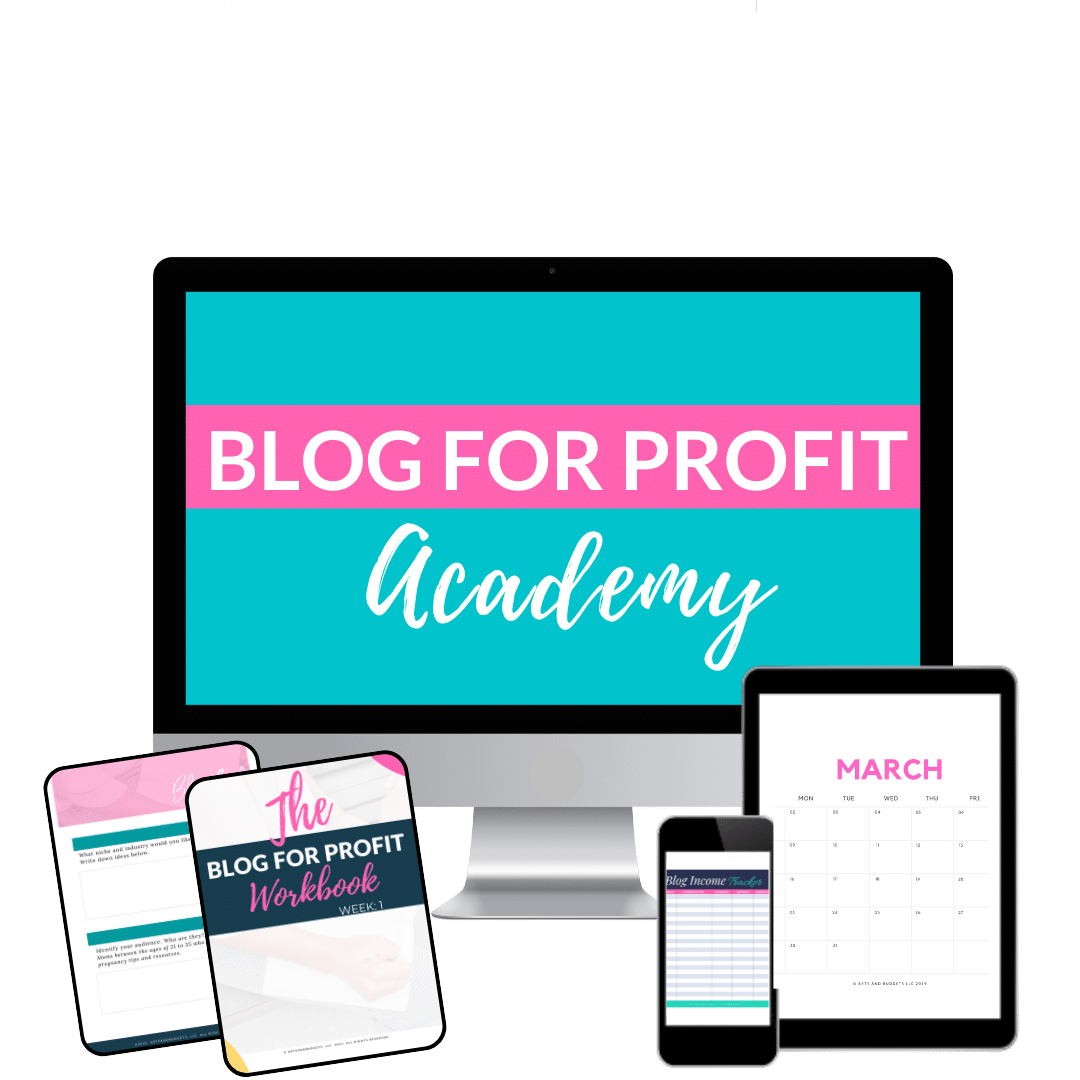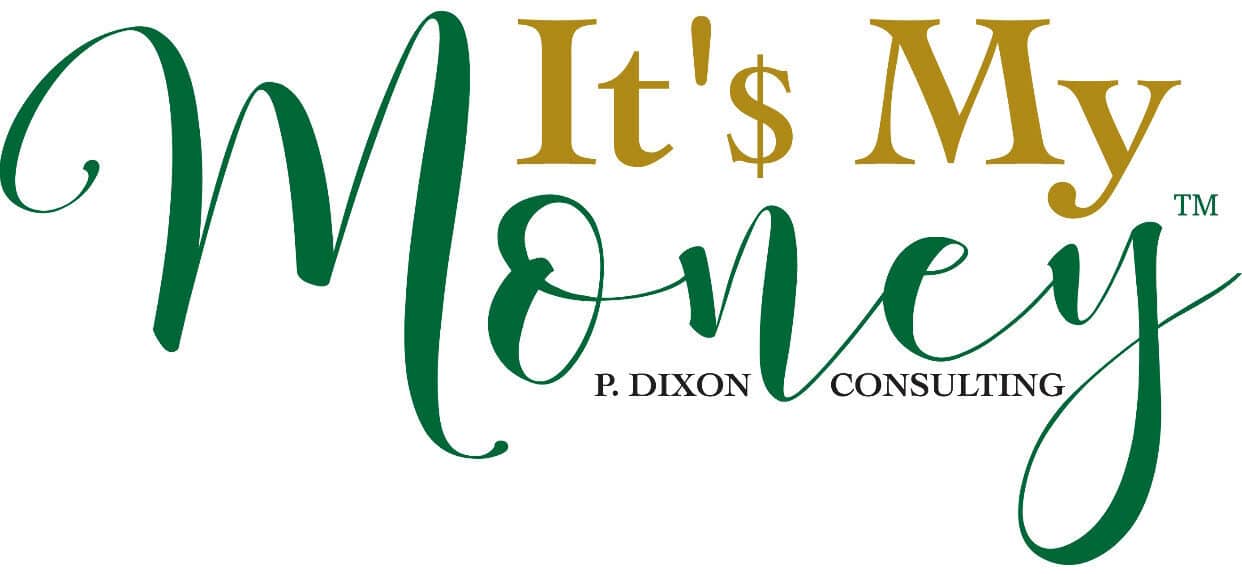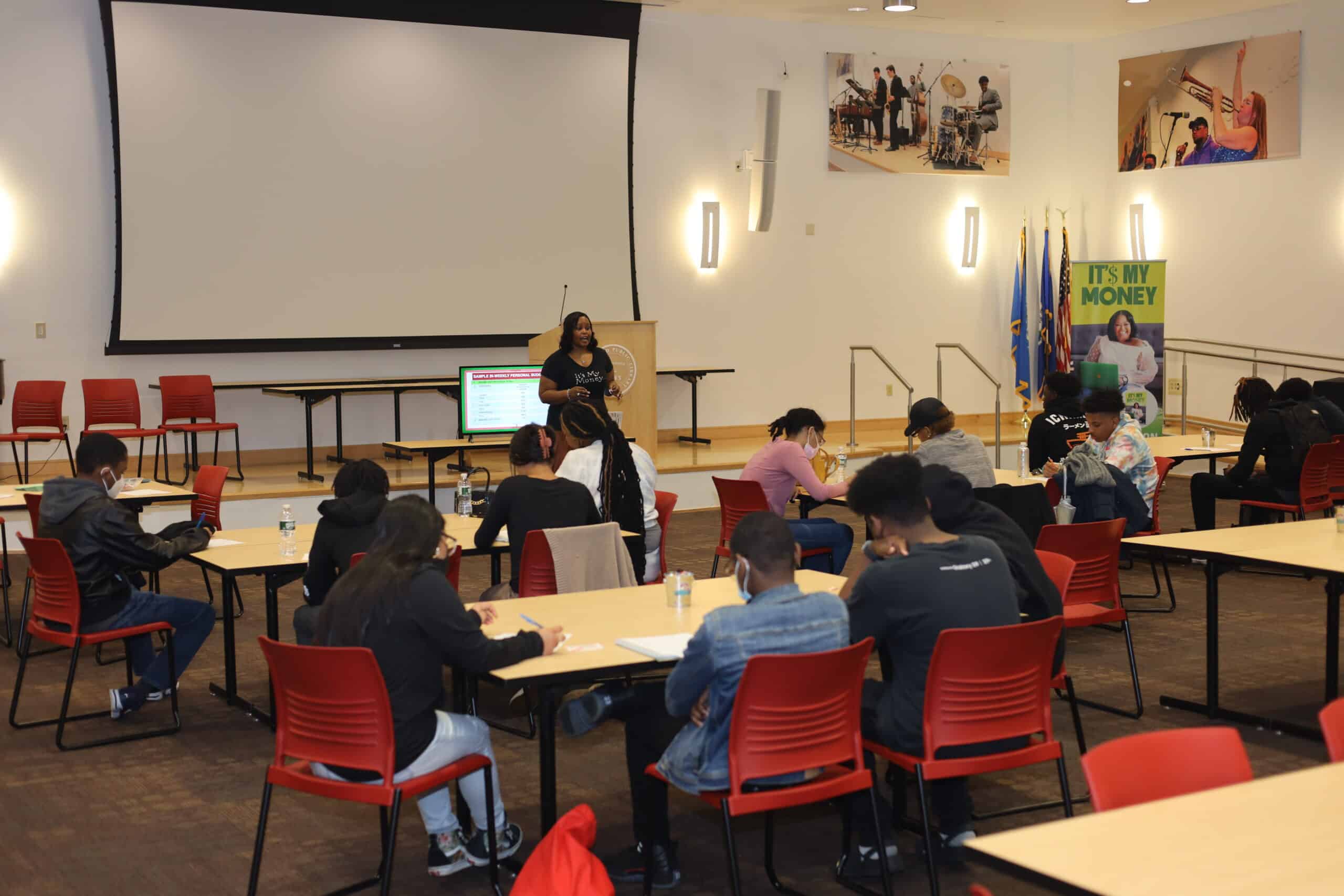Breaking the Cycle: Transforming Youth Lives through Financial Education
This post may contain affiliate links. For more info read my disclosure.
In today’s complex world, where financial decisions carry lifelong implications, the importance of teaching financial literacy to young adults cannot be overstated.
Many young people enter adulthood ill-prepared to navigate the intricacies of personal finance, leading to financial insecurity, debt burdens, and missed opportunities.
However, by imparting the knowledge and skills necessary to make informed financial decisions, we can empower the next generation to take control of their economic well-being.
In this blog, we explore the importance of teaching financial literacy to young adults and the positive impact it can have on their lives.
Understanding the Basics
A solid foundation in financial literacy equips young adults with essential skills to navigate the world of personal finance.
By teaching them concepts such as budgeting, saving, and debt management, we instill a sense of responsibility and empower them to make wise financial choices.
When armed with the knowledge of how to create a budget, they can allocate their income effectively, track their expenses, and avoid falling into the trap of living beyond their means.

A huge part of getting your finances under control is understanding budgeting. While there are a lot of great free resources out there like the ones on my resource page, sometimes something a little more hardcore can help to. That’s where a tool like Much comes in! They help to break down budgeting and manage your money without too much hassle. And you can try it free for 14 days! Check out Much here.
Furthermore, learning the value of saving early on fosters a habit that can yield significant long-term benefits, such as accumulating emergency funds, funding education, or preparing for retirement.
While on The Money Exchange Podcast, Dr. Terrell Hill echoed just how valuable budgeting is. He said much as most people are interested in investing, you cannot thrive in your finances without getting clear on your cash flow.
Building Financial Resilience
Financial literacy education goes beyond the fundamentals; it helps young adults develop resilience in the face of economic challenges.
By teaching them about financial risks, insurance, and investment options, we equip them with tools to weather uncertainties.
Understanding concepts like compound interest and investment vehicles empowers young adults to make informed decisions about growing their wealth and mitigating risks.
Moreover, they learn to differentiate between wants and needs, helping them resist impulsive spending and focus on building a secure financial future.

Understanding budgeting and saving is amazing, but if you don’t have much to budget or save in the first place, it can certainly make things more difficult! It can be smart to have a side hustle (especially something that could become full time), that can help you bring more income in. That’s where a tool like Blog For Profit Academy can come in handy! Learn how you can blog about something you care about and make money doing it. Check out Blog for Profit Academy here.
Navigating Debt and Credit
One of the most critical aspects of financial literacy is teaching young adults about debt and credit.
By educating them on responsible borrowing, interest rates, and credit scores, we enable them to make educated decisions when it comes to student loans, credit cards, and mortgages.
Understanding the potential consequences of excessive debt and the importance of establishing good credit can save young adults from falling into debt traps and improve their financial standing in the long run.
This is an aspect It’$ My Money is keen on by providing financial workshops to high schools to equip young adults and students with financial knowledge in preparation for the future.

If you’re already in debt, it can be difficult to get out if you’re not sure where to start. Luckily there are great solutions like Spendebt. Spendebt allows you to pay off your debt a little bit with your extra change each time you spend money. When you buy the things you need, you’re also paying off your debt for a brighter future! Check out Spendebt here.
The Entrepreneurial Mindset
Financial literacy education also fosters an entrepreneurial mindset among young adults.
By introducing concepts like budgeting for business ventures, understanding profit and loss, and managing cash flow, we inspire innovation and encourage the pursuit of entrepreneurial endeavors.
Equipped with financial knowledge, young adults can assess the feasibility of their business ideas, make informed investment decisions, and understand the importance of financial sustainability in entrepreneurship.
Strengthening Communities and the Economy
The power of teaching financial literacy extends beyond individual empowerment.
A financially literate generation can contribute to the strength and stability of their communities and the broader economy.
By making informed financial decisions, young adults can build stable households, invest in their local economies, and support community initiatives.
Additionally, a financially savvy population fosters economic growth, reduces income inequality, and promotes financial stability on a societal level.

A big part of preparing yourself for a successful financial future is investing! Fortunately, there are so many great ways you can get started investing. Robinhood allows you to dip your toes in with a free stock to help you get started! Check out Robinhood and start investing your finances into your future today!
Conclusion
In a world driven by financial decisions, the power of teaching financial literacy to young adults cannot be underestimated.
By equipping them with the knowledge and skills necessary to navigate the complexities of personal finance, we empower the next generation to make informed choices, build resilience, and secure their financial futures.
With a strong foundation in financial literacy, young adults can overcome debt, invest wisely, pursue entrepreneurial endeavors, and contribute to the strength of their communities and the economy at large.
It is our collective responsibility to ensure that financial literacy education becomes an integral part of their journey toward a prosperous future.
Dr. Terrell Hill didn’t miss a beat when highlighting this in Episode 122 of The Money Exchange Podcast. Dive into the episode for more.






